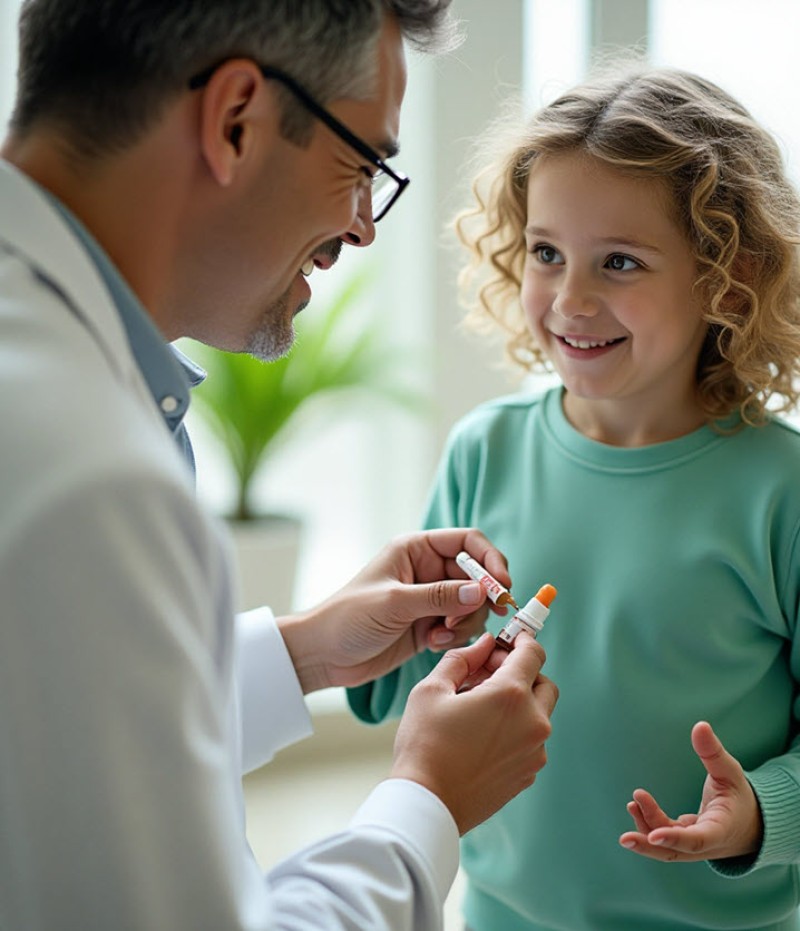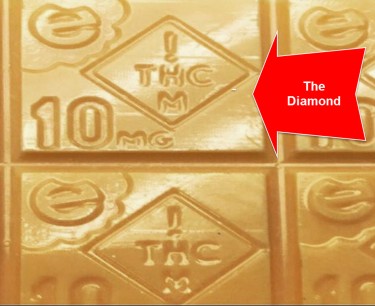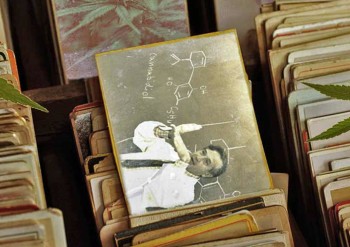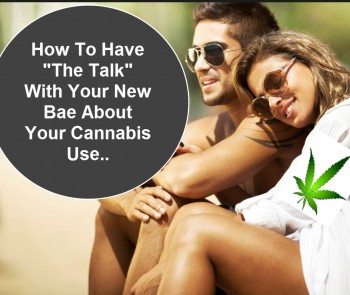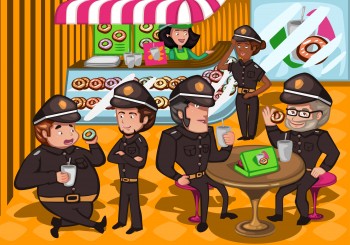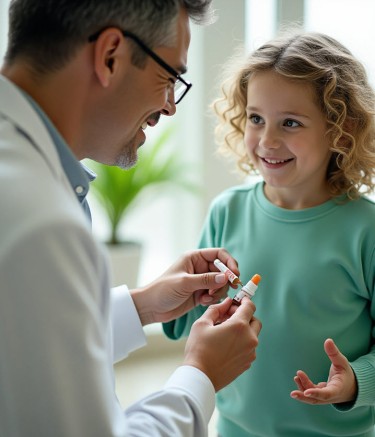
Can Low-Dose THC Be Used To Medicate Young Kids?
When it comes to treating pediatric conditions with medical marijuana, cannabidiol (CBD) is usually the most popular course of action.
After all, CBD is well-tolerated by most of the population. And because it’s non-psychoactive, its applications are much more versatile, especially for the elderly or young children, who are more vulnerable to the psychoactive effects of tetrahydrocannabinol (THC). However, low doses of THC may be better tolerated in older as well as pediatric populations, and some studies also show that low doses of THC are actually beneficial for treating certain conditions in children.
Keep in mind that THC is biphasic in nature; this means that the effects in low doses are incredibly different from THC in high doses. Studies have proven, time and again, that low doses and cautiously titrated amounts yield valuable therapeutic benefits for kids. Some of these benefits include seizure reduction, treating spasticity, and even nausea without worrying about intoxicating children or causing them to be impaired.
It’s also important to note that pediatric cannabis consumption is best done under the supervision of a specialist. Medical practitioners and doctors always start with the lowest dose possible, sometimes even in micrograms, and observe the response before increasing.
Also, more often than not, pediatric cannabis formulas such as those widely prescribed for epilepsy combine both CBD and THC. Higher amounts of CBD counteract any potential psychoactive effects while enhancing the therapeutic properties of the cannabinoids. The end result is much safer and efficient.
CBD:THC Extract For Rett Syndrome
For example, a recent study from Melbourne, Australia, analyzed children with Rett syndrome. This rare condition is characterized by seizures, developmental delays, loss of motor coordination as well as speech. The patients were treated with cannabis extracts that had both CBD and THC, twice per day, and then assessed at the start of the study, and then again after 12 weeks.
Investigators found that after using cannabis, the patients experienced significant improvements. “Oral administration of [cannabis extracts] for 12 weeks was associated with significant improvements in core RTT symptoms, including mental alertness, communication skills, socialization/eye contact, attentiveness, and anxiety,” reported the researchers. “Cannabis administration also demonstrated improvements in key secondary outcomes, such as overall clinical severity, quality of life, and a reduction in caregiver burden,” they added.
In addition, the researchers noted that physical symptoms also improved, such as their mood, teeth grinding, and breathing. “RTT is associated with a range of complex clinical manifestations,” they concluded. “The improvements observed in clinical outcomes and caregiver burden justify ongoing research and confirm that cannabis extracts are a potential adjunct therapy for RTT,” investigators wrote.
CBD:THC For Pediatric Autism
In 2021, researchers published the results of a randomized, placebo-controlled study of 150 kids and adolescents with autism. The investigators tested 2 whole-plant cannabis oils, made with a 20:1 CBD:THC ratio, which was administered to the patients for 12 weeks.
The researchers also analyzed autism scores, and found that there were significant improvements, especially in disruptive behavior. They confirmed that the extract was well-tolerated, except for a reduced appetite and somnolence in some patients.
Another similar study, which was also published in 2021, revealed that the long-term use of marijuana extracts with high CBD and low THC content was effective and safe for treating autism symptoms among adolescent patients. Turkish researchers studied high CBD extracts on 33 adolescent participants who had mild to severe symptoms of autism.
There are no significant side effects, and the authors reported that the effects were successful in minimizing autism symptoms. “Main improvements of the treatment were as follows: a decrease in behavioral problems was reported in 10 patients (32.2 percent), an increase in expressive language was reported in 7 patients (22.5 percent), improved cognition was reported in 4 patients (12.9 percent), an increase in social interaction was reported in 3 patients (9.6 percent), and a decrease in stereotypes was reported in 1 patient (3.2 percent),” the investigators wrote. “The patients reported improvement in cognition in patients who adhered to CBD-enriched cannabis treatment for over two years,” they added.
“Using lower doses of CBD and trace THC seems to be promising in managing behavioral problems associated with autism,” said the authors.
Conclusion
THC has been demonized much, as of late, due to increasing levels found - and bred - in cannabis strains. It has also been unnecessarily vilified because of its intoxicating characteristics, which, of course, can get dangerous if it gets into the wrong hands.
However, just because it can get you high doesn’t mean it has no place in medicine, even in pediatric care. It’s best not to oversimplify things and avoid ignoring the science because the studies and countless anecdotal evidence shows that THC, in the right doses and when administered under clinical supervision, is safe and effective for treating children.
THC is a dose-dependent medication; adult recreational users can consume it at high doses but in low, controlled doses, we can harness powerful therapeutic properties that Big Pharma can’t beat. For countless families who merely want to help their children deal with challenging conditions that pharmaceutical medications can’t treat, cannabis is usually the last resort and may have been found to make all the difference in the world.
Let’s not demonize THC but recognize it for the medication that it is: a versatile natural compound that contains life-saving properties. Everyone, including children, deserve access to effective treatment which is why we truly beleive that cannabis has its place in pediatric medicine.

